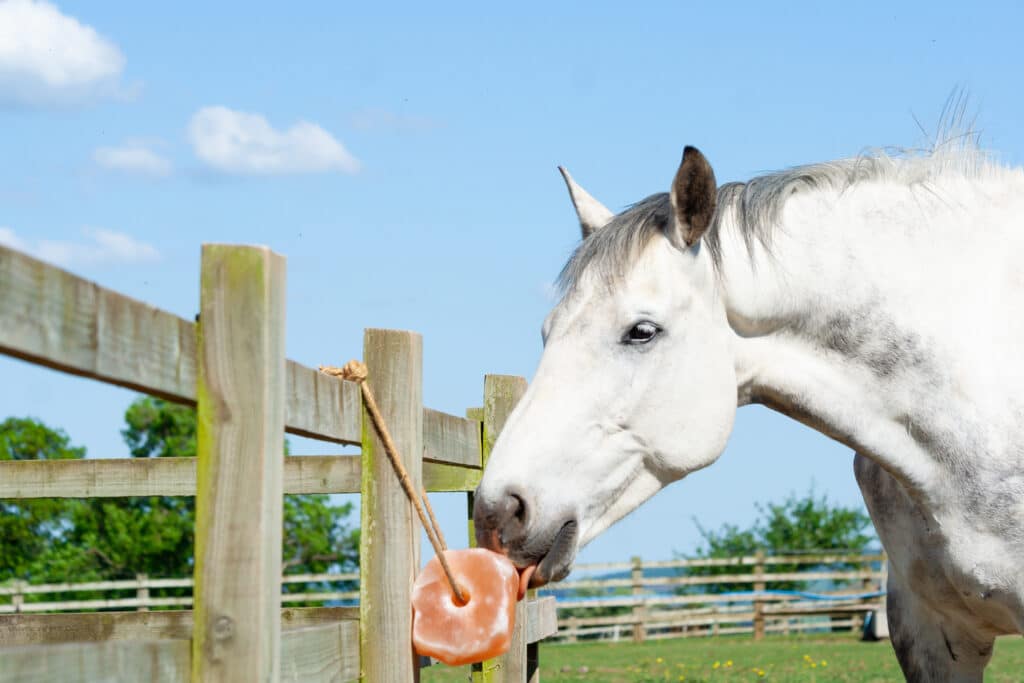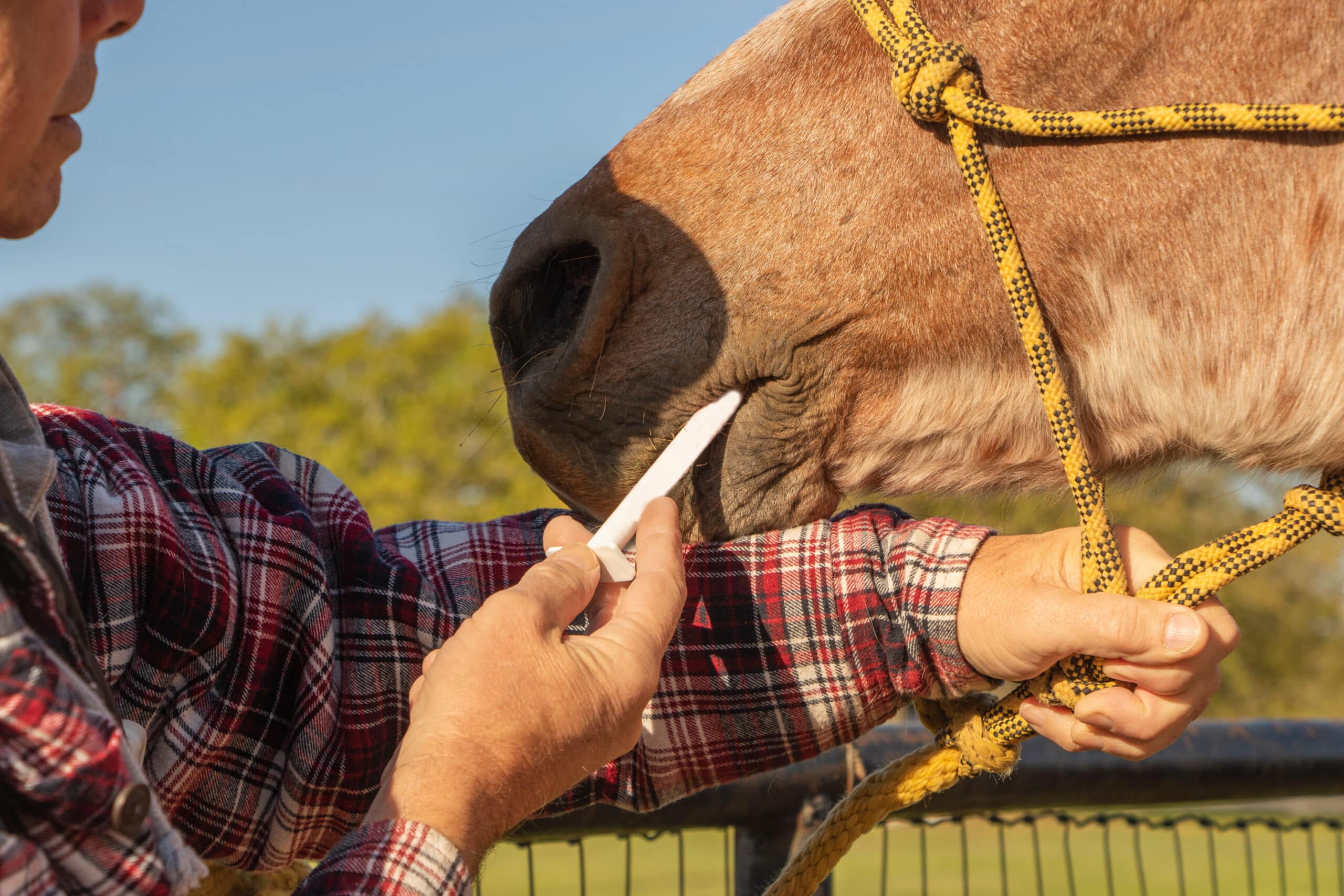Horse Nutritional Supplements: 7 Great Essentials
Providing a balanced diet is one of the most important things you can do for your horse’s health. High-quality hay, clean water, and access to pasture are key for horse nutrition. Many horses also benefit from horse nutritional supplements and electrolytes.
No matter if your horse is a top athlete or a relaxed friend, the right supplements can help. They can support joint health, digestion, hoof strength, hydration, and more.
If you are new to owning a horse or looking into supplements, this guide is for you. This will help you understand what your horse may need. You will learn what to look for and how to choose products that work.
Why Use Horse Nutritional Supplements?
Not all horses need supplements—but many do. Workload, age, health issues, and where you live can create nutritional gaps in your horse’s diet. That’s where Horse Nutritional Supplements come in. They fill in those gaps and provide targeted support for specific health needs.
Common reasons to supplement include:
- Hard keepers or picky eaters
- Horses with joint or hoof issues
- Senior horses with digestion concerns
- Performance horses with high nutrient demands
- Horses living in areas with mineral-deficient soil
Types of Horse Nutritional Supplements
Supplements come in many forms: powders, pellets, liquids, or pastes. The key is choosing the right type for your horse’s needs. Here are some of the most common categories:
1. Joint Support
Formulas with glucosamine, chondroitin sulfate, MSM, and hyaluronic acid help protect cartilage, reduce inflammation, and support mobility, especially in aging or athletic horses.
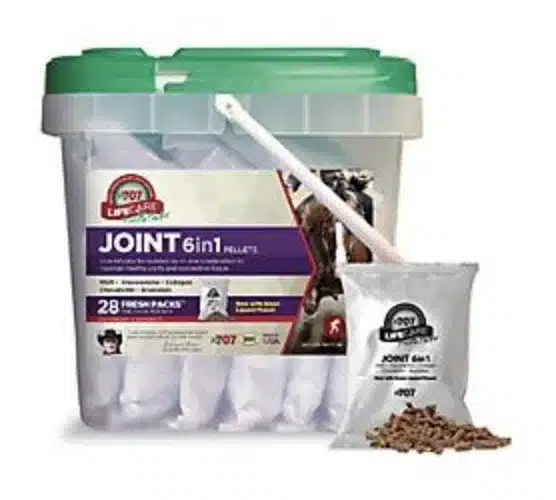
2. Hoof Health
Supplements containing biotin, methionine, zinc, copper, and amino acids promote strong, healthy hooves. These are helpful for horses with brittle, cracked, or slow-growing hooves.
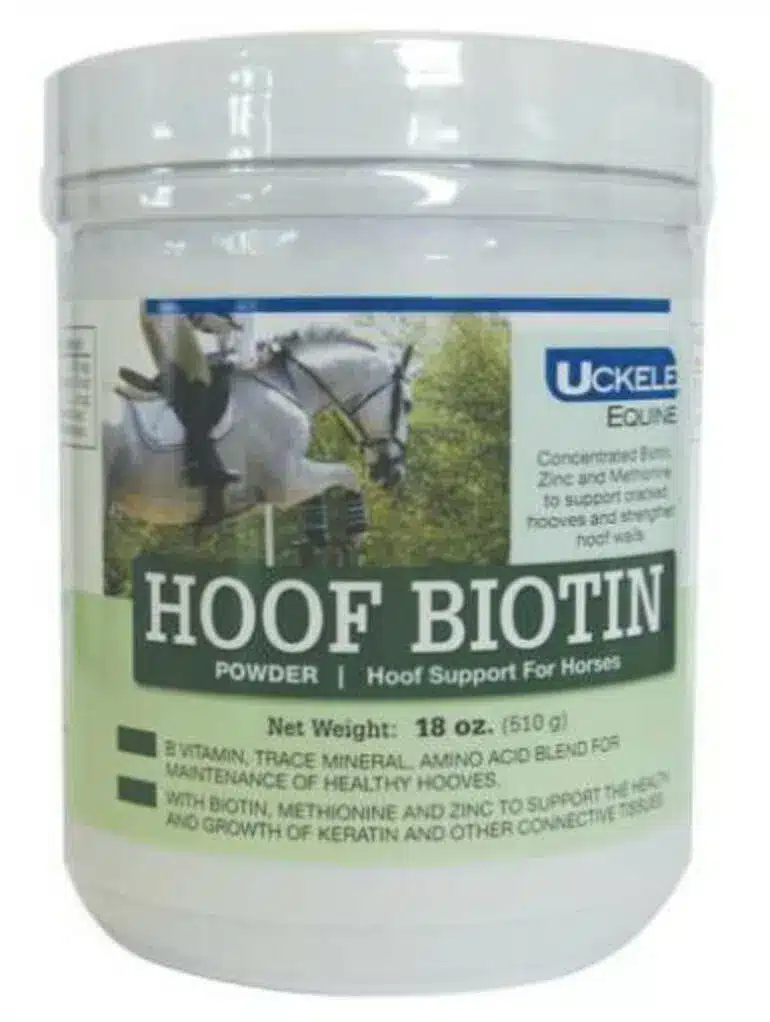
3. Digestive Aids
Probiotics, prebiotics, and digestive enzymes help support gut health and prevent issues like colic or ulcers. These are especially useful for horses under stress or transitioning diets.
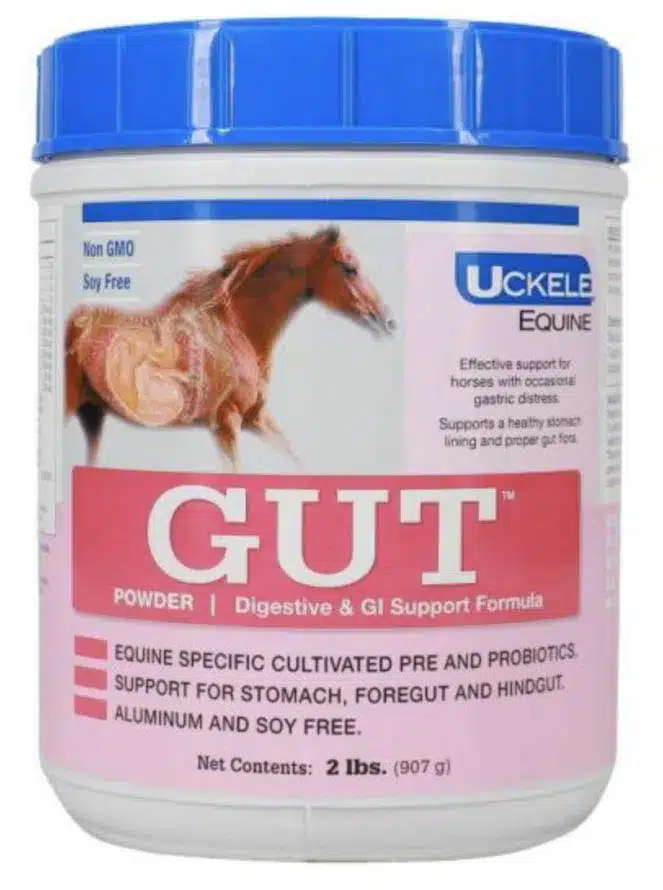
4. Skin & Coat
Supplements that are high in omega-3 and omega-6 fatty acids, such as flaxseed or fish oil, can make your coat shine. They can also improve skin health and reduce itching or flakiness.
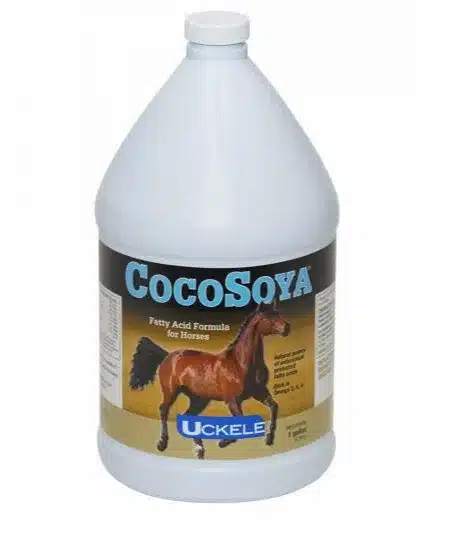
5. Calming Supplements
These products contain magnesium, thiamine, or herbs like valerian root. They can help anxious or nervous horses feel more relaxed, especially during travel or training.
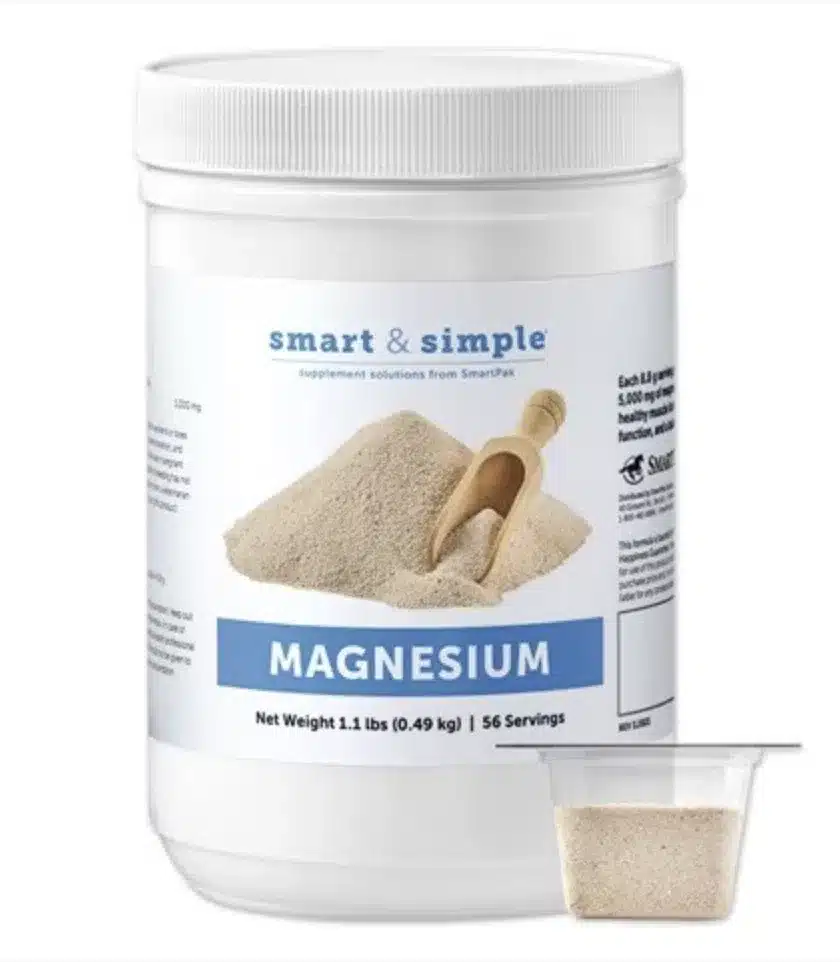
6. General Multivitamins
These all-in-one blends give important vitamins and minerals. They help support overall health, especially for horses on a forage-only diet or with limited turnout. Click here to view our current selection of multivitamins.
7. Mineral Supplements
Mineral supplements are formulated for different areas of the country to compliment what that area’s soil needs. They may contain extra copper and zinc for areas that are high in iron, for example, such as the Northeast, as well as having no added iron. Proper mineral balancing can help maintain a healthy coat and hoof growth as well as overall immunity and health. Click here to view our current selection of mineral supplements.
What Are Electrolytes, and Does Your Horse Need Them?
Electrolytes are minerals like sodium, potassium, chloride, calcium, and magnesium that regulate hydration, nerve function, and muscle activity. Horses lose electrolytes through sweat, especially during hot weather or intense exercise.
When they don’t replace fluids, dehydration, fatigue, and poor performance can follow.
Electrolyte supplements help replace what horses lose. They also encourage horses to drink more water. This is important for staying healthy in the heat.
Electrolytes come in powders, pastes, and liquids. You can add them to feed or water, but always ensure your horse has access to clean, fresh water when you use them.
Signs your horse may need electrolytes:
- Heavy sweating during work or hot days
- Dull, sunken eyes or poor skin elasticity
- Decreased energy or appetite
- Reduced water intake
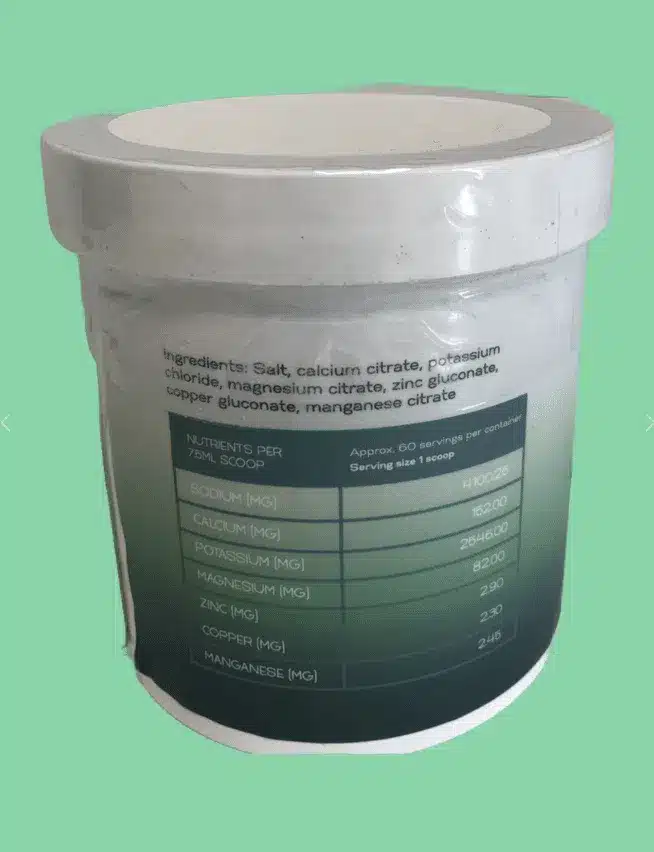
How to Choose Quality Supplements
With so many horse nutritional supplements on the market, it’s important to choose wisely. Here are some tips:
- Look for reputable brands with transparent labels and third-party testing
- Check the ingredient list for active levels of key nutrients (not just filler)
- Read reviews or ask your vet or trainer for recommendations
- Introduce one supplement at a time so you can track how your horse responds
- Avoid over-supplementing, which can do more harm than good
Adding horse nutritional supplements and electrolytes to your horse’s care routine can make a big difference. This is especially true when done carefully.
Every horse is unique. It is important to adjust supplements based on your horse’s lifestyle, work, and health.
Begin with the basics. Talk to a veterinarian or equine nutritionist if needed. Keep track of your horse’s progress over time.
Remember, supplements are just that, supplementary. They should enhance, not replace, a balanced diet of good-quality forage, grains (if needed), and plenty of clean water.
With the right knowledge and approach, you can help your horse thrive from the inside out.
